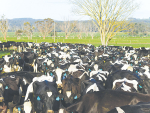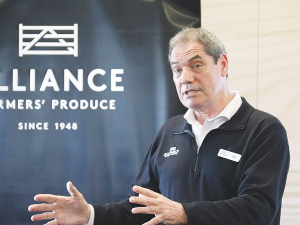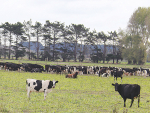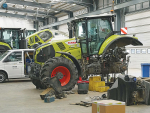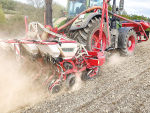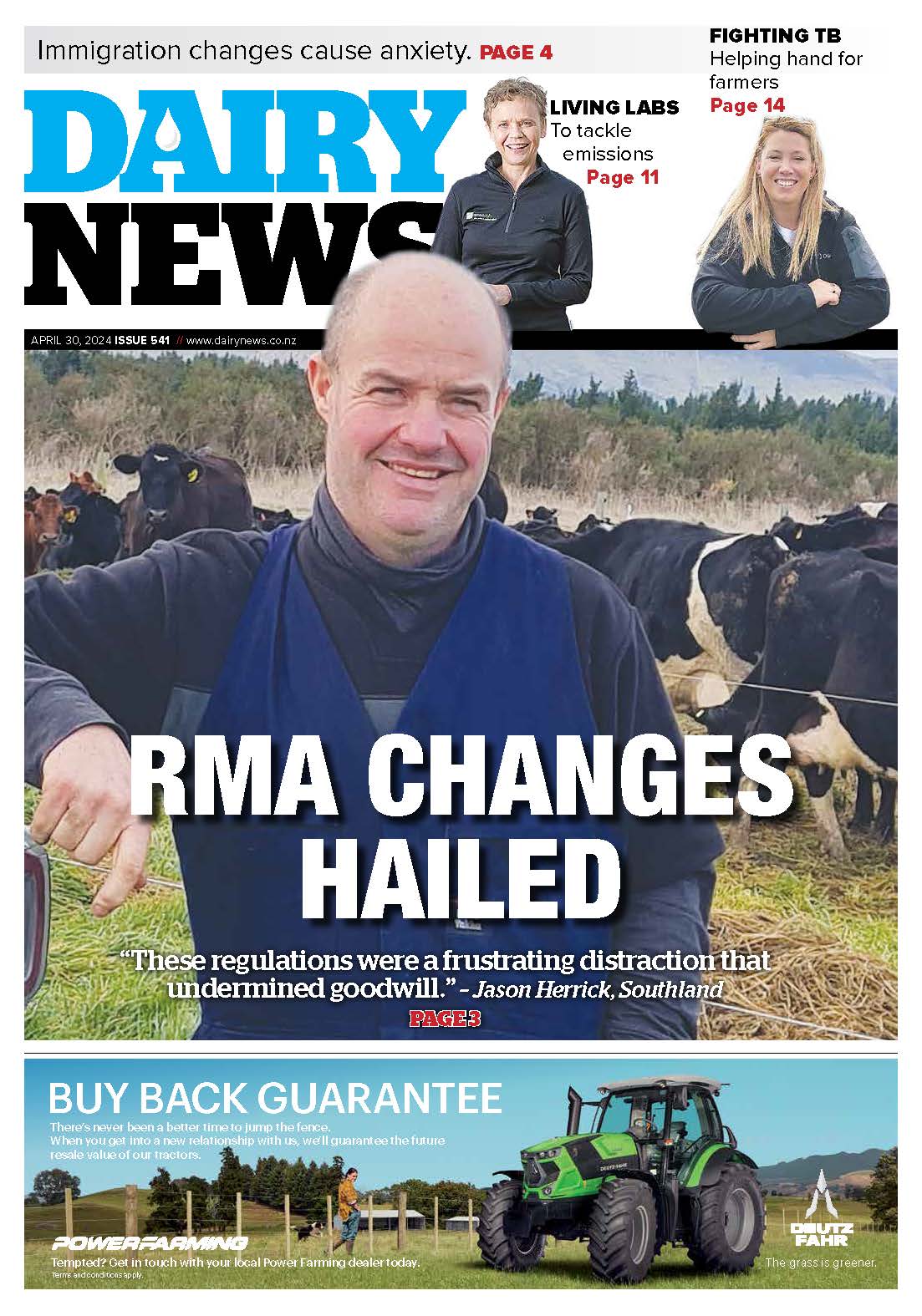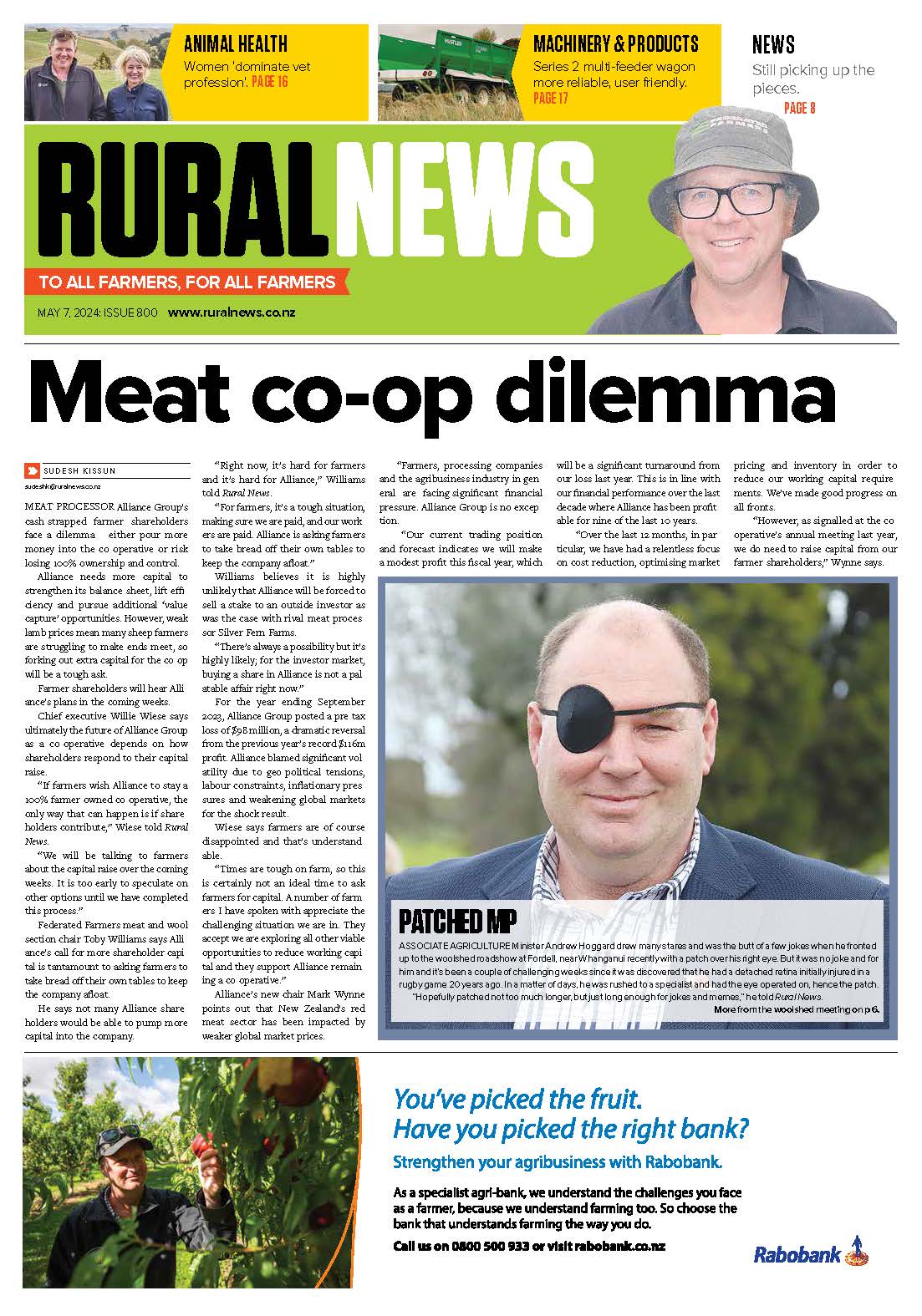Recent guidance suggesting farmgate milk prices will remain around A$5.60kg/MS in southern export regions have confirmed what many farmers had quietly suspected.
With dairy commodity prices around 30% lower than prior-year levels and 7% below where they were at the start of the season, the market recovery required to meet some of the more optimistic forecasts still appears some way off.
Given the likelihood that farmgate pricing will remain under pressure, it's worth taking a look at the situation for inputs, to assess whether any margin of relief is on the horizon on the cost front.
Let's start with grain.
Feed grain represents around 30% of the average southern exporting region farm's total costs, according to the Dairy Farm Monitor Project.
Grain prices tracked above the five year average for most of 2014 and 2015. Smaller Australian harvests combined with strong export demand to tighten supplies.
The first months of 2016 have seen grain prices falling however. This is likely due in part to the effects of record global wheat stocks weakening global prices; however Australian grain has been trading at a premium to the world market for some time now, suggesting local factors are also in play.
The most recent crop estimates by the Australian Bureau of Agricultural and Resource Economics and Sciences put total wheat production for 2015-16 up 5% compared to the previous season, at 24.2 million tonnes, and barley up 4% to 8.5m tonnes.
In addition to weak global prices and increased production, selling by Australian grain farmers has accelerated in recent weeks as growers look to generate cash to cover seasonal interest and fertiliser payments.
With the international market considered likely to remain depressed, reduced export pressure will help moderate any price rebound once this period passes.
With dry conditions and expensive irrigation water contributing to lower pasture production on many farms, hay demand has been higher than usual for most of 2014 and 2015.
With supplies (particularly of protein hay) under pressure and stocks tight for much of this period, prices have remained above the five year average.
As has been the case with grain markets, some relief for buyers has been noted at the start of 2016, as milder weather and rainfall in many regions boosted pasture availability.
Many farmers have also completed stocking their sheds for the season, and others stopped buying as higher prices proved uneconomic. Tasmania and Gippsland have been among the exceptions; fodder demand in these regions remains strong.
Assuming average rainfall for the autumn period, fodder is likely to be less of an issue through the remainder of the season, as top-up purchasing occurs in a market where increased pasture production weighs on demand and prices.
According to the Bureau of Meteorology, the December-February period has seen a gradual decrease in rainfall deficits across many dairying regions (southwest WA has seen much more rain than average).
Northeast Tasmania, south-west Victoria and west and south Gippsland remain drier than average, incurring the attendant extra fodder and water costs.
The outlook for the coming three months suggests further improvements are likely, with the chance of exceeding average rainfall around or above 50% for all dairying areas except for central and northern Queensland.
El Nino is well past its peak, and climate models predict that a neutral pattern will resume in late autumn or early winter.
In the meantime, El Nino could still contribute towards the expected below-average rainfall across northern Queensland.
On the other hand, warmer-than-average sea surface temperatures may result in localised warmer weather and increased rainfall, particularly in Tasmania.
For those in irrigation areas, water pricing and allocation has been a further significant source of cost pressure this season. This looks set to continue in the short term, with fierce competition keeping the average price for temporary water high.
However, low availability and reluctance to sell is being indicated by relatively few parcels (mostly of small size) being traded.
• John Droppert is a senior analyst with Dairy Australia.







